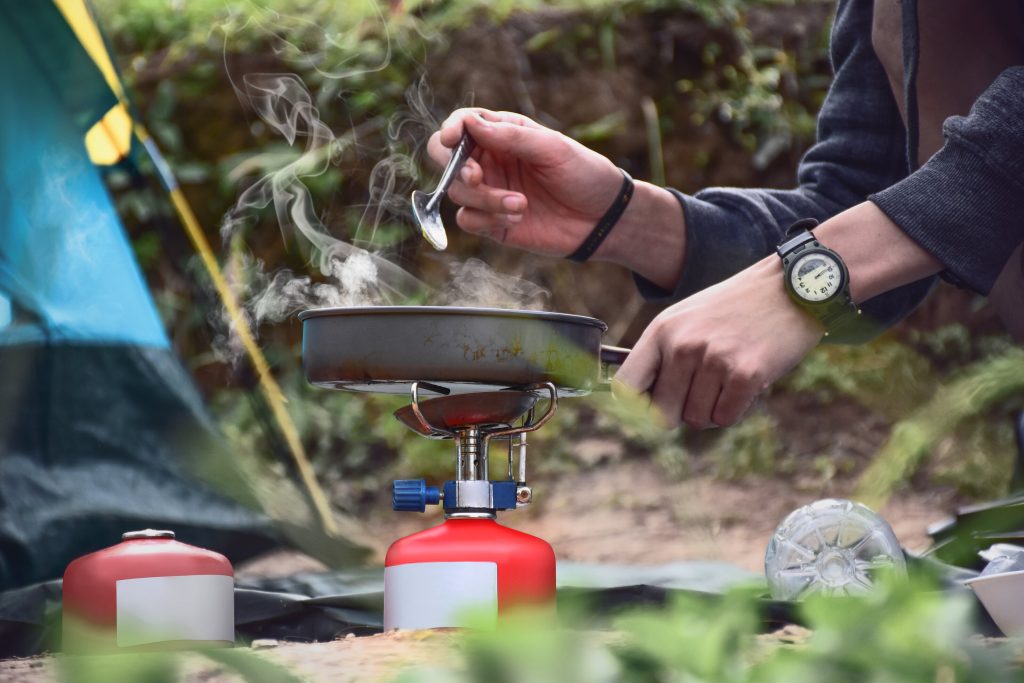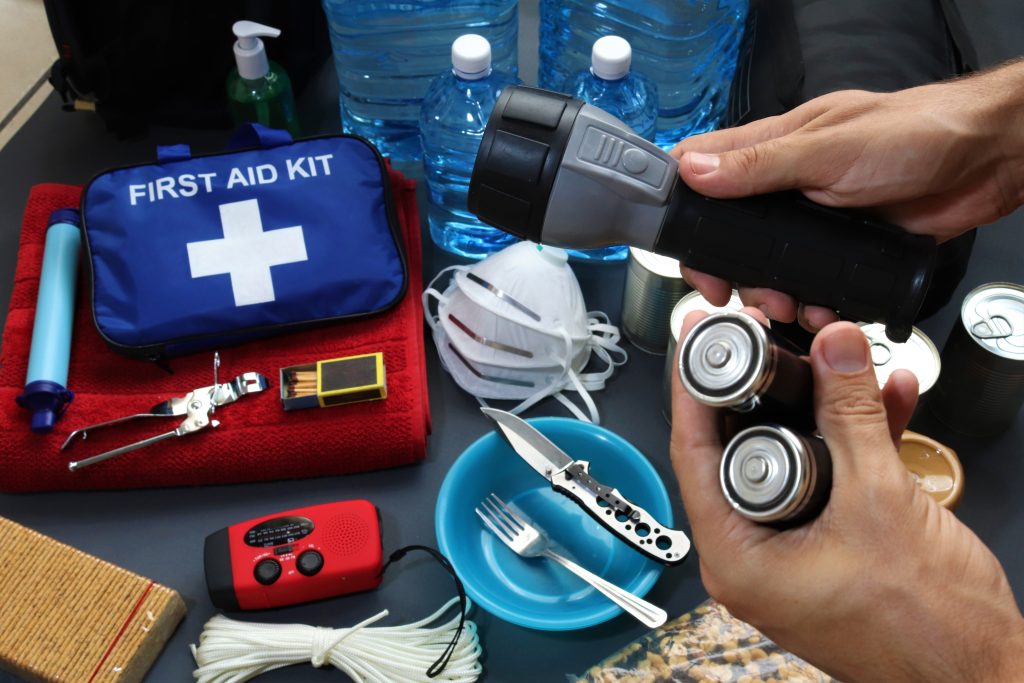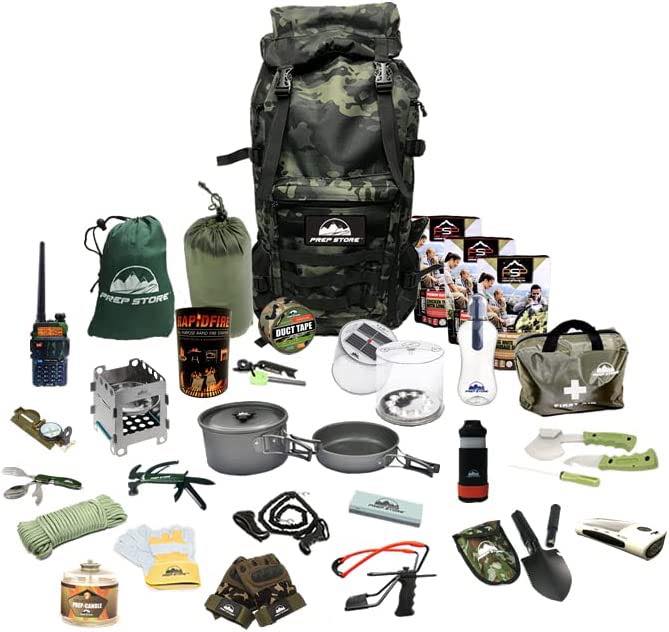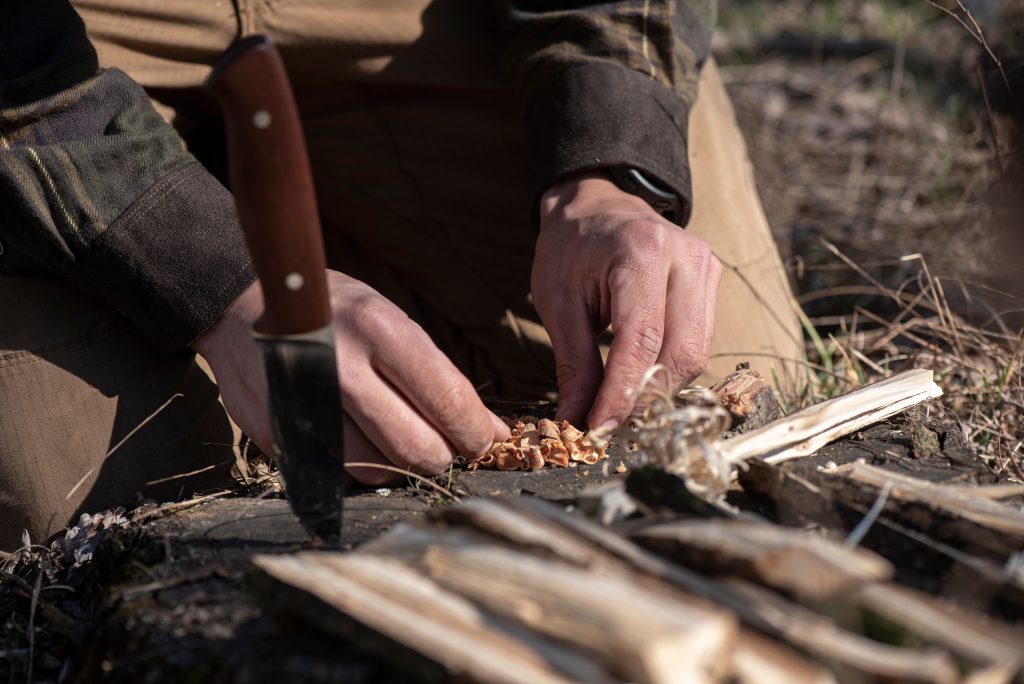Finding yourself stranded in the wilderness can be a daunting and potentially life-threatening situation. Whether you’re lost during a hiking trip or facing unexpected circumstances, it’s crucial to stay calm and remember a few key survival tips. This article will outline essential steps to follow when you find yourself stranded in the great outdoors. By applying these tips, you can maximize your chances of survival and increase the likelihood of a successful rescue.
Assess Your Situation
The first step in any survival scenario is to assess your situation calmly and objectively. Take a moment to observe your surroundings, identify any immediate threats, and evaluate available resources. Determine if you’re injured, the state of your supplies, and the time of day. Understanding your situation will help you make informed decisions and prioritize your actions.
Establish a Shelter
Creating a shelter is crucial for protection against the elements, which can quickly lead to hypothermia or heat stroke. Look for natural features like caves, rock overhangs, or fallen trees that can provide partial shelter. If such options are unavailable, build a makeshift shelter using available materials. Use branches, leaves, and other debris to construct a simple lean-to or debris hut. Ensure it is well-insulated and offers protection from wind, rain, and snow.
Find and Purify Water
Water is essential for survival, and finding a clean source is a top priority. Look for nearby streams, rivers, or lakes. If necessary, follow downhill paths as water tends to flow downward. To ensure the water is safe to drink, purify it by boiling it for at least one minute or using water purification tablets. Alternatively, construct a solar still by digging a hole and placing a container in the center. Cover the hole with plastic and collect the condensation.
Acquire Food
While finding food is essential for long-term survival, it should not be an immediate concern unless you have specific knowledge and resources. In the short term, your body can survive without food for several weeks. However, if you have basic knowledge of edible plants, fruits, or insects in the area, foraging can be an option. Avoid consuming any plants or animals that you are unsure about to prevent poisoning.
Signal for Help
Increasing your chances of rescue is crucial when stranded in the wilderness. Signal for help using any available means. Build a signal fire by stacking green branches and setting them ablaze. The smoke will attract attention from afar. Use a whistle or mirror to create flashes of light, which can be seen over long distances. If possible, construct a large visible SOS sign on the ground using rocks, logs, or any other materials you can find.
Prioritize Safety and Health
Your safety and health should be paramount while stranded. Prevent injuries by being cautious and avoiding unnecessary risks. Dress appropriately for the weather conditions, keeping warm or cool as required. Utilize any first aid supplies you have and tend to any injuries promptly. Take measures to stay hydrated and well-rested to maintain your physical and mental strength.
Being stranded in the wilderness is a challenging situation, but with the right mindset and knowledge, you can increase your chances of survival. Assess your situation, establish a shelter, find and purify water, signal for help, and prioritize your safety and health. Remember to remain calm, conserve your energy, and stay focused on your goal of rescue. By following these essential survival tips, you can navigate through the challenges of being stranded and improve your chances of returning home safely.














